Article by Brandon Smith from Alt-Market written exclusively for Prepper All-Naturals.
The concept of mass starvation has not been in the forefront of western society for a very long time. Even during the Great Depression the US was majority agrarian and most people knew how to live off the land. In fact, the US has never suffered a true national famine. There have been smaller regional instances of famine (such as during the Dust Bowl in the 1930s), but nothing coming remotely close to the kinds of famines we have seen in Asia, the Eastern Bloc, Africa or the Middle East in the past 100 years.
Even Western Europeans dealt with major famines during the World Wars and that experience has left an imprint on their collective consciousness. Most Americans, on the other hand, don’t get it. Because we have lived in relative security and economic affluence for so long the idea of ever having to go without food seems “laughable” to many people. When the idea of economic collapse is brought up they laugh and call it “conspiracy theory.”
Compared to the Great Depression, the US population is completely removed from agriculture and has no idea what living off the land means. These are not things that can be learned in a few months from books and YouTube videos; they require years of experience to master.
I will say that things have changed dramatically in the past 18 years I have been writing for the liberty media. When I started back in 2006 the preparedness movement was incredibly small and often people were afraid to broach such topics in public forums. Hell, believe it or not when I used to write about the need for unit based firearms training other preppers would to try to police my articles and they demanded I stop because it might make us “look militant.” That’s how different things were back then.
In the past several years preparedness culture has EXPLODED in popularity. Millions of Americans are now dedicated survival experts with extensive preps and firearms training. Prepping and shooting is no longer the realm of tinfoil hat “crazies”, now it’s cool.
The credit crash of 2008-2009 certainly helped wake people up to the reality of economic instability in the US. Then the covid pandemic, the lockdowns and the attempts at medical tyranny really shocked Americans out of their stupor. Everything we “conspiracy theorists” have been warning about was suddenly confirmed in the span of a couple of years. Every time globalists and governments create a crisis they only inspire more preppers.
The greater problem in terms of famine is not that individual Americans are not aware of the threat; many of them are. The problem is that our infrastructure and logistical systems are designed to fail and there’s not much the average citizen can do about it.
The just-in-time freight system is perhaps one of the worst systems in terms of redundancy ever devised. Any disruption no matter how minor could cut off supplies to an area for days or weeks. Then there is the interdependency that comes with food being produced outside most states. If your state does not have a solid agricultural base then it will be reliant on outside food sources during a crisis. What guarantees are there that your region will be able to secure food from elsewhere?
Furthermore, most of the populace, even those that are preparing, have never experienced large scale starvation events before. It’s difficult to adapt mentally to a threat that one has never seen.
I suggest people who want to know what real starvation feels like practice it from time to time. Try fasting for 24 hours, then try fasting for 48 hours. See how many days you can go without eating (just be sure to drink plenty of water). My maximum was seven days, and what I found was that after day three the hunger pangs actually stop altogether. You don’t go crazy, you don’t get violent; at most you might get tired, but you will also be surprised at how heightened your thinking becomes and how much energy you still have.
The human body can survive for three weeks or more without a single bite of food. My suspicion is that initial panic over potential hunger is the thing that causes most violence during famines. People encounter starvation and lose their minds within the first three days. The first-stage stomach pains and fogginess causes them to react without thinking and this leads to the widespread riots and other crisis events we are used to seeing in history during food shortages.
Fasting is a way to educate yourself on what it means to starve; it’s not as bad as it seems as long as you have some fat stores in your body. When you hit the point of muscle loss and organ deprivation, that’s when things change and the possibility of death arises. Having some familiarity with the feeling of true hunger will help you to avoid panic should the real thing ever occur in the future.
That said, the goal is of course to avoid famine altogether. Food storage is the foundation of any survival plan. Anyone who claims that jumping right into agriculture and hunting and wild edibles is the solution has never actually had to survive off the land in their lives. The reality is, finding enough food and growing enough food to live on is difficult for most people even in normal times.
During collapse, crops are often difficult to plant safely. They can be stolen or destroyed easily and require large communities of people to maintain and protect. Even smaller gardens can draw attention from undesirables and are hard to hide.
Hunting might be useful initially if you live in a rural area, but you won’t be the only person with the same idea and animals will move out of a region quickly if they are being hunted on a daily basis. You’ll have to go further and further out to find them and that’s risky during a collapse.
Wild edibles are nice in spring and summer when they are plentiful, but then again, if you’re hiking around expending more calories that you can get from these plants then the entire exercise is pointless. I tend to find that the wild edibles people are the most delusional when it comes to the logistics of survival. Survivalists who think they’re going to run to the woods and live off of the random plants they find will probably die.
Growing food, hunting food and foraging food are all supplemental measures, especially in the first year of any crisis event. Without a primary emergency supply most people will not make it. Food storage has been a mainstay of civilization for thousands of years for a reason – It works. Once larger secure communities are established then agriculture can return and self sustaining production makes food storage less important. Until then, what you have in your basement or your garage is the only thing that’s going to keep you alive.
I should mention the fact that there are some people out there who think they don’t need to store supplies because they plan to take other people’s stuff. Firstly, anyone who makes this their Plan A is probably a psychopath and I have zero empathy for them. Secondly, such people won’t stay alive very long. With every violent encounter the risk of injury or death increases; looters and raiders will be whittled down to nothing rather quickly as they get picked off by people defending their resources.
It’s not like the movies, folks; marauders will disappear swiftly during a crash. After the first year I would be surprised of any of these individuals or groups still exist.
In the meantime, that first year is going to be a shock for many Americans. It could be a grid down event, an economic collapse, a supply chain collapse, etc., but the panic associated with hunger will be ever present. People who understand the nature of famine, avoid panic and organize for safety will survive and thrive. People who don’t understand famine will freak and make detrimental mistakes.
Mental preparedness is just as important as physical preparedness. Keep that in mind as we move forward into uncertain times.


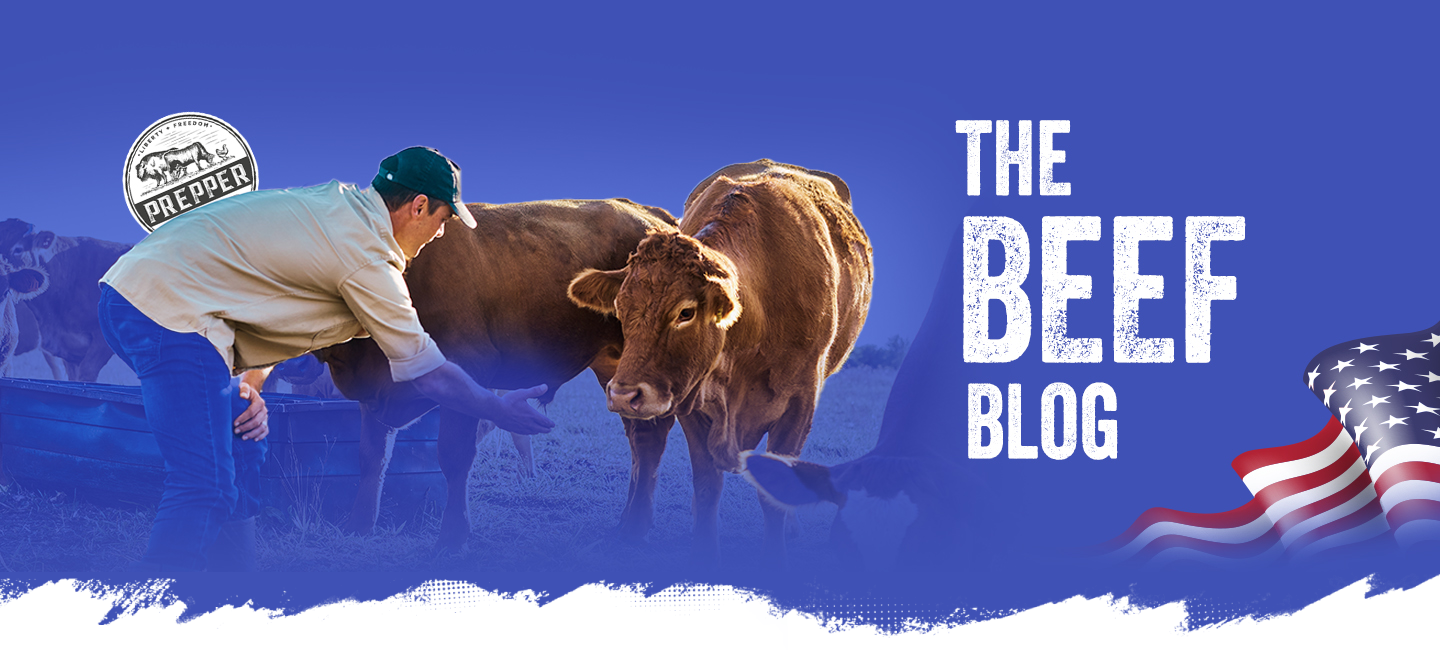
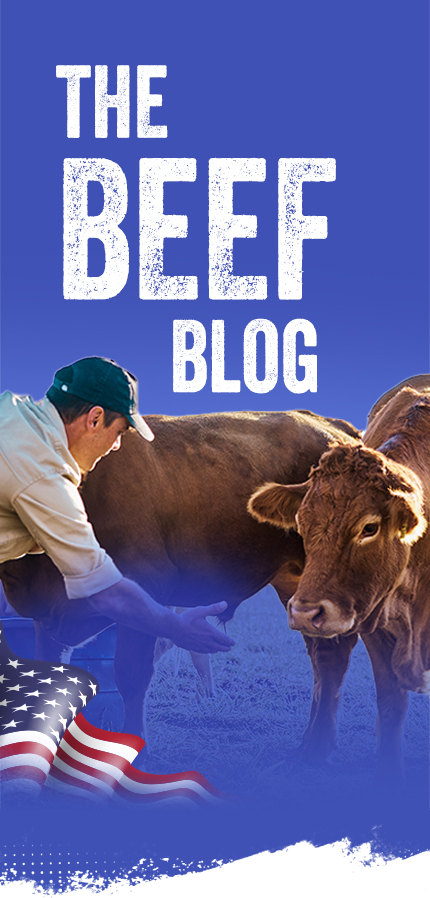

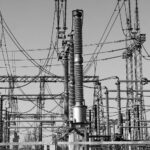
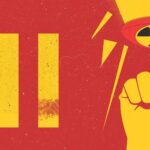


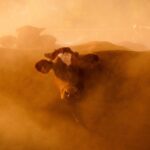




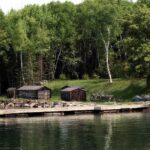


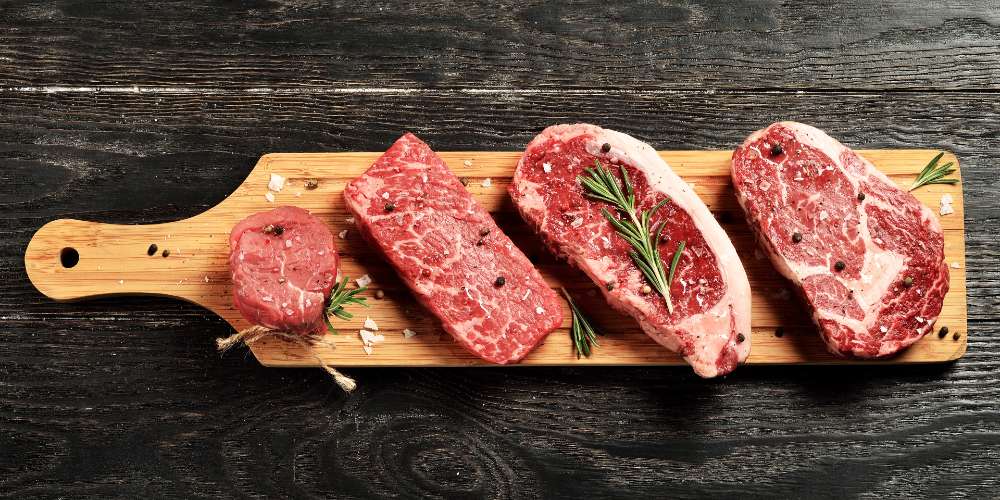
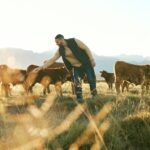
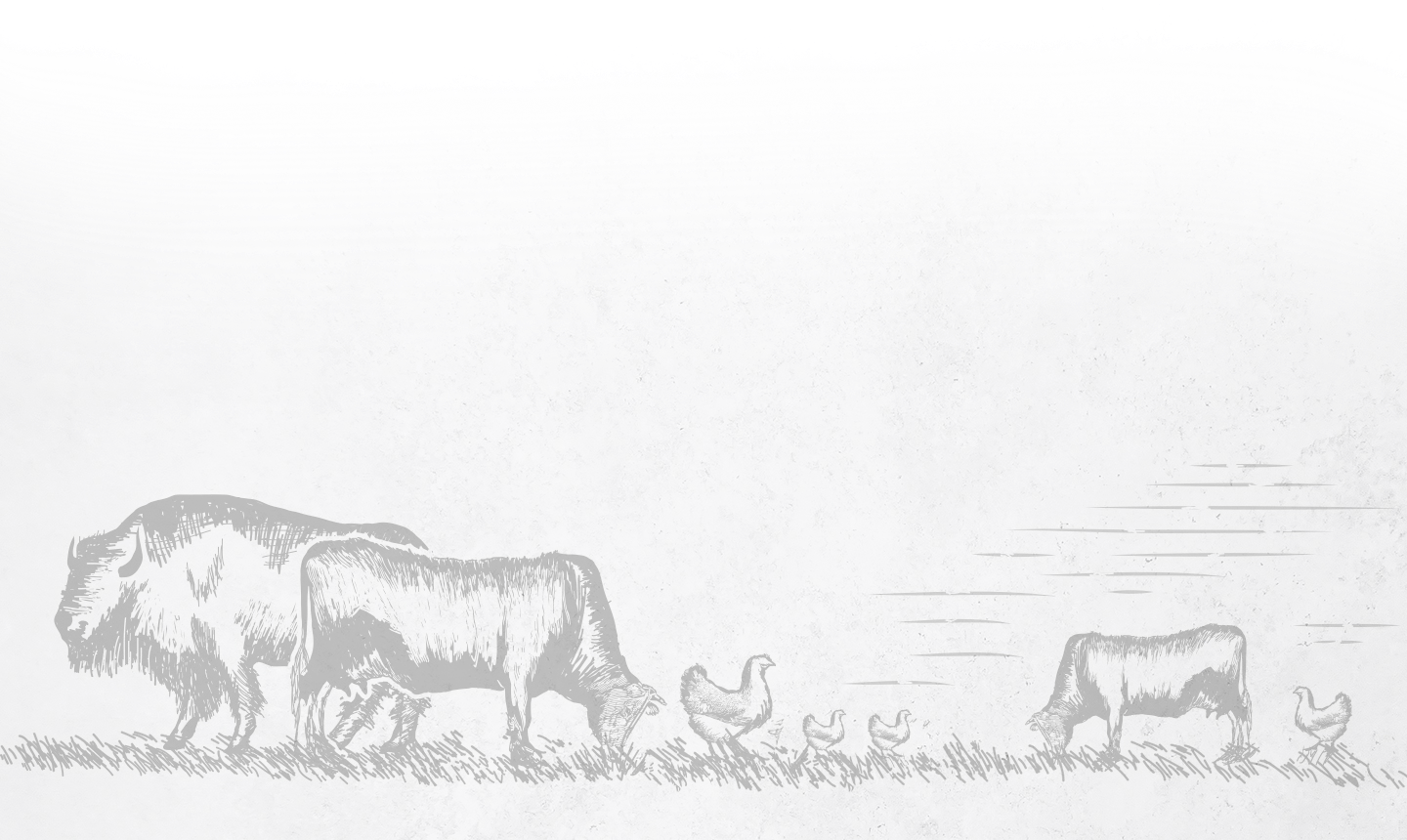
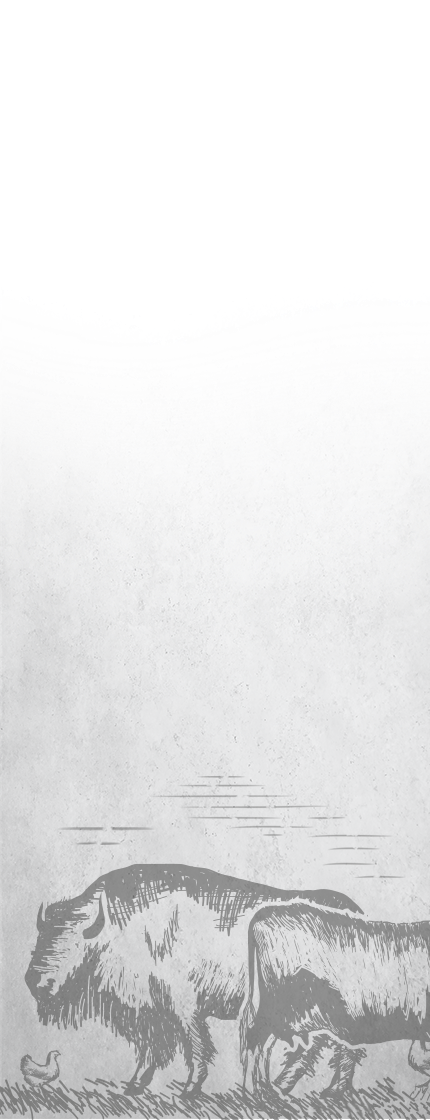



Leave a Reply